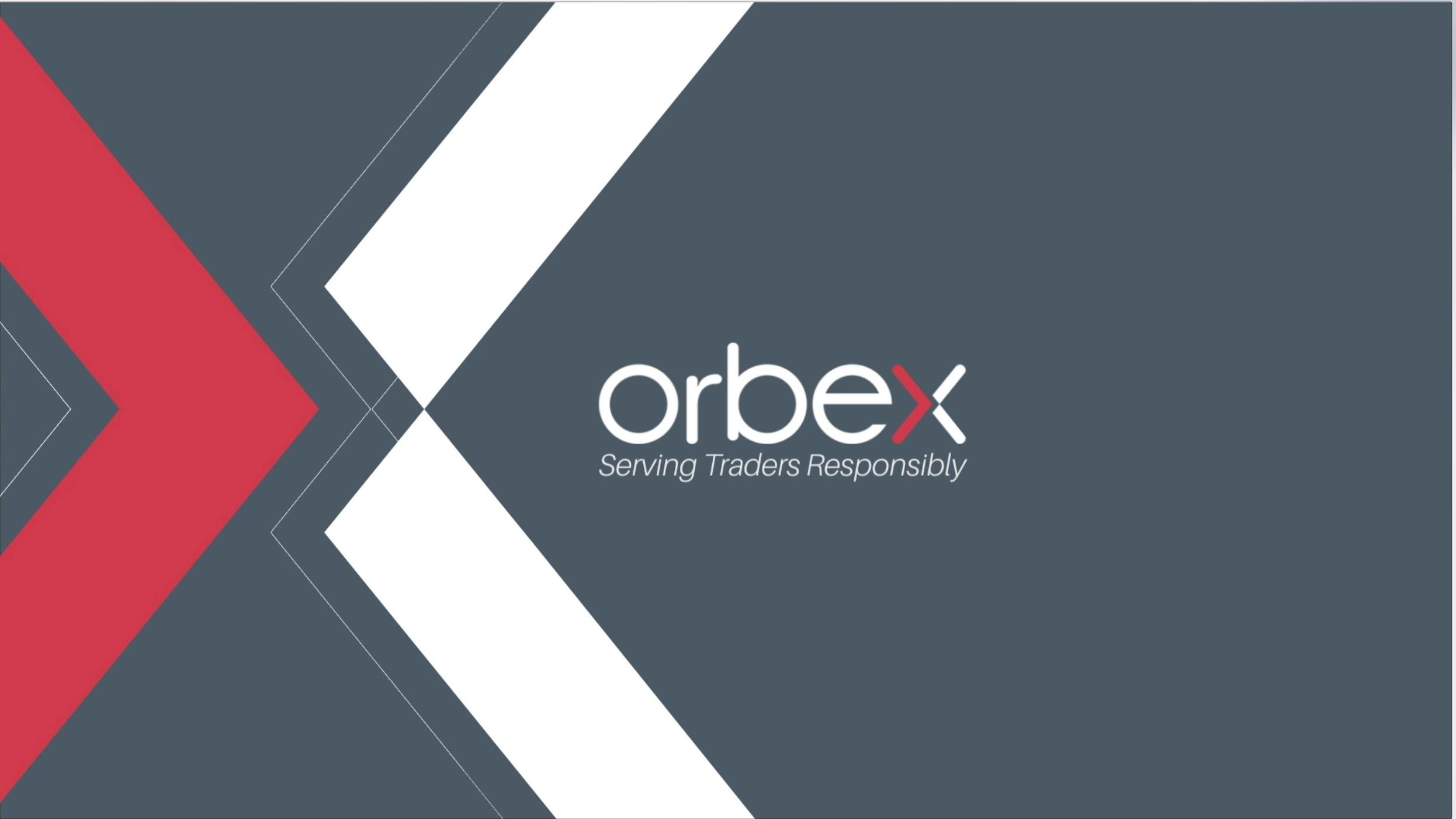Why Should You Care About The FTSE 100?

The FTSE 100 is one of the top five most traded indices in the world and is arguably the most followed in Europe. The full name is Financial Times-Stock Exchange 100 (commonly known as “footsie 100” or just “Footsie”) which harkens back to its founding as a joint venture between the Financial Times and London Stock Exchange to track the top 100 companies in the UK. Now, it is a wholly-owned subsidiary of the LSE.
The index is seen as an indicator of the overall health of the economy, since it represents a wide range of economic sectors; from materials to advertising, to energy, to retail. Like most major national stock markets, there is a symbiotic relationship between the equities index and foreign exchange rates, and therefore it is a key component of understanding how the market is performing from a fundamental perspective.
What’s on the index?
The index is composed of the 100 largest companies based in the UK by market capitalization. The index is adjusted each quarter, with companies taken off or added depending on the price fluctuation of their stock. However, most of the companies in the index do a lot of business overseas, which means that it’s a relatively weak indicator of UK economic performance in particular.
The index is also weighted based on market cap, which means that bigger companies have a larger impact on the market than smaller ones. Also, one of the quirks of the index that it has, in fact, 101 listings, because Royal Dutch Shell has both A and B class shares included in the index. Currently, the smallest company listed is Rightmove, with a market cap of around £4.3B, while the largest constituent is HSBC Holdings £130B.
Why it’s important?
The FTSE 100 has two key functions for traders, depending on your areas of interest:
1) As an equities index, the FTSE 100 is tradeable in its own right, and you can find it on the Orbex trading platform as UK 100. As a basket of stocks, the index tends to have a less volatility and more consistency than individual stocks and often is used as a basic or starting investment tool for traders interested in equities.
2) For forex traders, the performance of the FTSE 100 impacts the Pound Sterling and its diverse pairs. Both moves in the index, as well as expectations of moves in the index, can impact the pound, and vice versa.
The FTSE 100 and Forex
A significant component of the UK economy is trading, which is linked with exchange rates. A stronger pound translates into higher export costs, making it harder for exports. Conversely, a weaker pound favors exports, because they can sell their products and services at a lower price.
Because of this, a stronger pound is frequently seen as a drag on the FTSE 100, with many of the companies on it dependants on exports – while a weaker pound can provide support for equities.
The other factor is that a rising stock market can imply increasing inflows of capital for investment, and this will provide support for the currency as foreign investors buy pounds in order to invest in the market. Consequently, an expectation that the FTSE 100 will go up, will help support GBP pairs.
Whether you are interested in trading the FTSE 100 or the pound, keeping an eye on both as you follow the markets is very useful.





